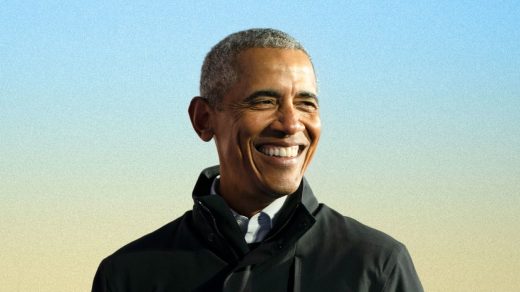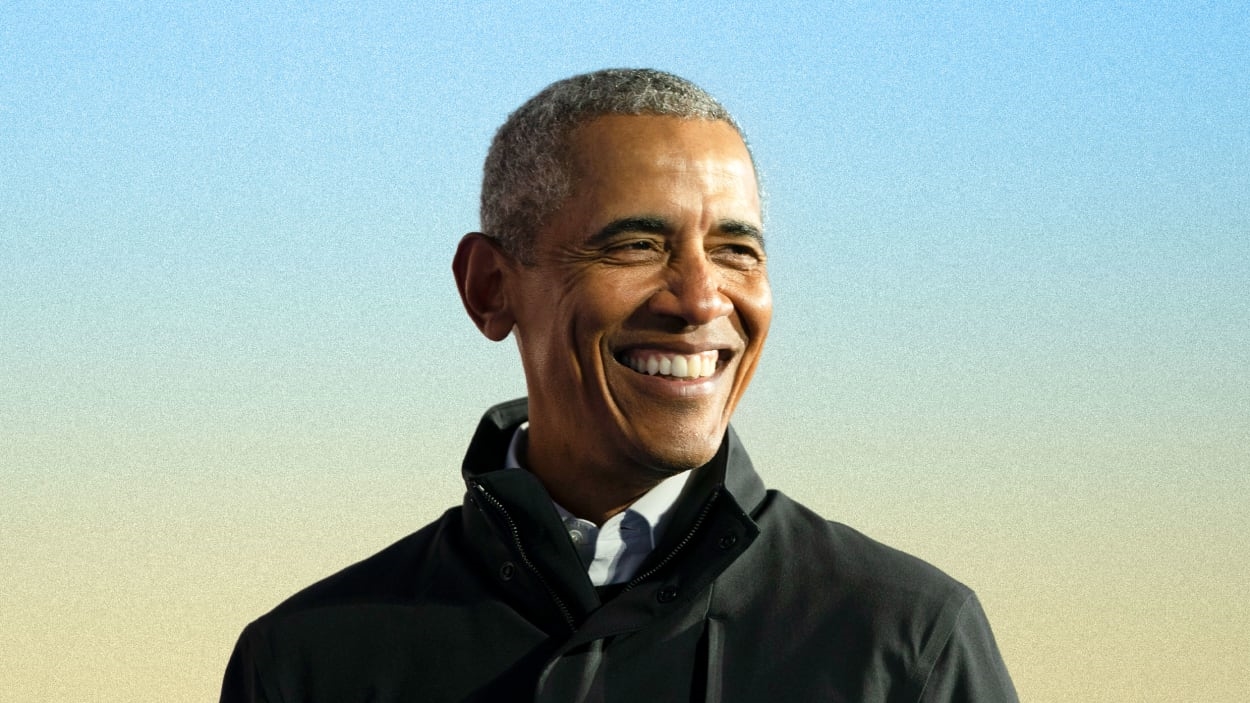Obama shows support for striking WGA writers as he promotes a Netflix project about work
By Jennifer Alsever
Former president Barack Obama is rooting for the Hollywood writers who have been on strike for more than three weeks in a standoff with television, film, and streaming studios over pay and the threat of artificial intelligence.
“There are many studios and streamers who feel . . . there’s been a little bit too much of a glut of product and they’re looking at their bottom line and they’re experiencing shareholder pressure,” Obama said (May 28, 2023) in a LinkedIn livestream event about work. “But the fact is, they wouldn’t be around if it weren’t for writers who are creating the stories that matter. I’m hopeful that they get a fair share of the fruits of their labor.”
Obama discussed the strike during an interview (May 28, 2023) with Ira Glass to promote his new docuseries Working: What We Do All Day, now airing on Netflix—a streaming company that upended Hollywood’s traditional business model, and is now one of the main targets of the striking writers.
The Writers Guild of America has called the issues behind its strike—including declining pay, poor residuals, grueling schedules, and the threat of scriptwriting artificial intelligence—an “existential crisis.” Meanwhile, Netflix’s 2022 revenues hit $31.6 billion.
Obama’s Netflix show follows a handful of people at all levels in fields such as hospitality, home care, and technology; it explores how people find meaning in their work and how those experiences and struggles connect people on a human level.
In the livestreamed interview with other Working cast members (which went smoother than a botched Twitter livestream a day earlier in which Governor Ron DeSantis of Florida announced his 2024 presidential bid), Obama said he hoped to highlight the importance of all people and their jobs. He said the “inherent dignity of every person” should be reflected in economic arrangements and workplaces.
He will do another interview next week about work, career advice, and AI in the workplace with LinkedIn editor-in-chief Daniel Roth as part of his This Is Working newsletter.
The way we work now
Obama, who is executive producer with his wife, Michelle Obama, was inspired by the 1974 book Working, by Studs Terkel. Written at a time of automation, globalization, offshore manufacturing, and the start of a profits-obsessed corporate culture, the book asked ordinary people what work was like. It laid bare how “extraordinarily insightful, thoughtful people” were trapped in jobs “too small for their souls,” just because of their gender or the color of their skin, or because they weren’t born in the right neighborhood or didn’t go to the right school, he said.
Obama wanted to pick up where Terkel left off 50 years ago, as society undergoes more transformation with the rise of artificial intelligence, spiraling inequality, battered unions, and companies eking out efficiencies to boost shareholder profits.
“We have a society that has become obsessed with wealth and the pursuit of stuff, and everything else is subservient to that,” Obama said. “We know what’s important. We know that pride and our sense of purpose and what we do and connections and family—those are the things that last. Yet that’s not how we organize our economy. A lot of that has been lost. . . . That’s part of the reason we see people exploited and underpaid and put on temp work.”
He pointed to the show’s interviews with the unionized housekeepers, painters, and laundry staff who have worked for decades at the iconic Pierre hotel in Manhattan. They have a sense of family and are invested in the hotel’s success, he said, yet hotel management might instead see inefficiencies and look for ways to cut costs.
“Is that the world we want? Or do we want a place where people know each other and they’re committed to each other and they’re invested in their customers and there’s some sense of ownership about what they do?” he asked.
Obama hoped that his on-camera cameos would bring attention to the individual stories of these workers and show how interconnected we are. In the first episode, he strolled down grocery-store aisles with Randi Williams, a Mississippi single mother who made $1,400 a month as a home-care aide.
In the LinkedIn livestream, Glass asked her if she was rattled by the casual conversation with a former president. She wasn’t. Obama, she said, reminded her of her uncles who want her to “do better and hear my story.”
On-screen in the first episode, Williams pointed to a box of cereal priced at $6.50, noting that she made $10 an hour. Then she told Obama that work, for her, meant having a rocking chair on a porch, paying her bills, food in the refrigerator, and ensuring her “kid is kept.”
She then turned and asked Obama if he was at peace. He said he felt “pretty good . . . but I worry about the next generation.”
(18)



